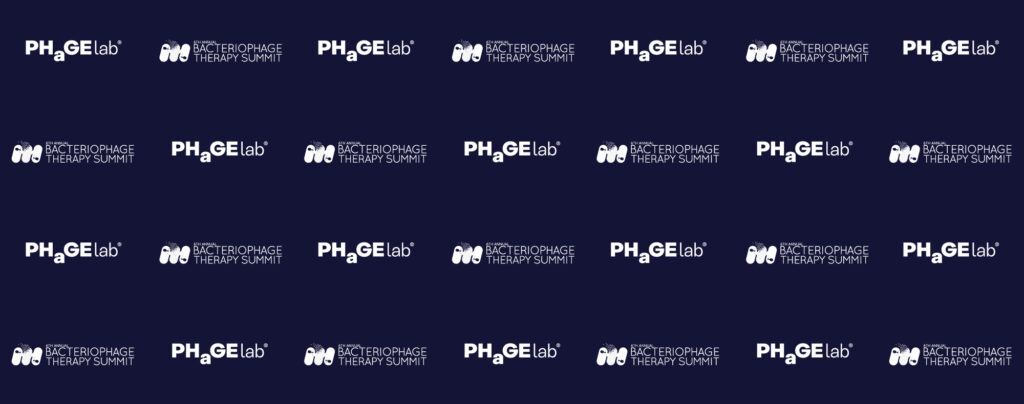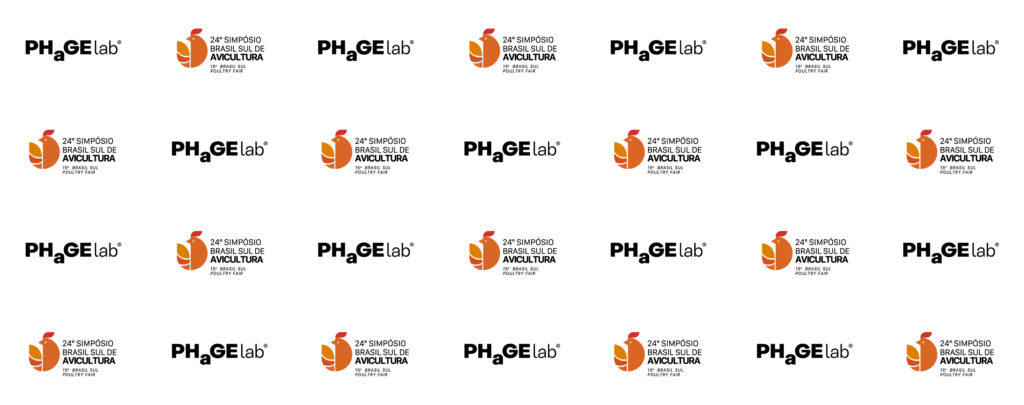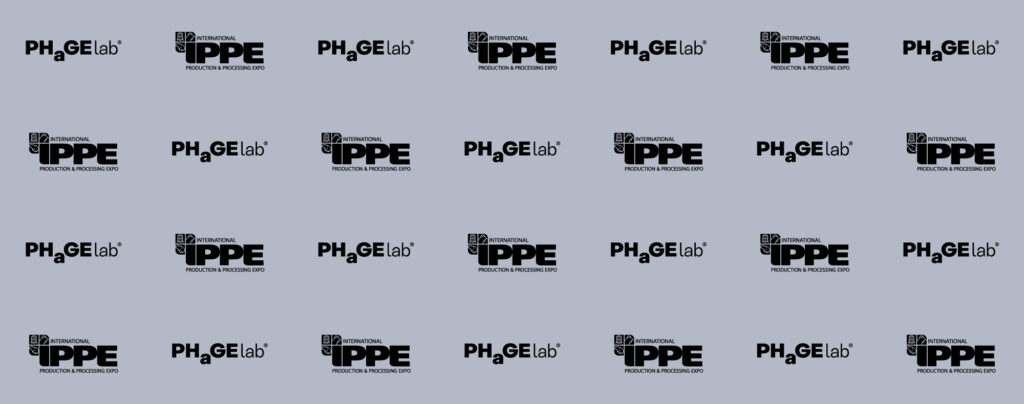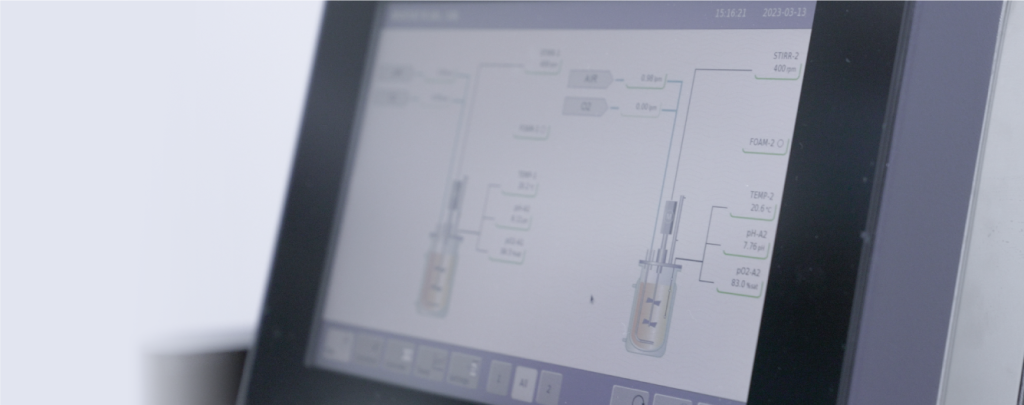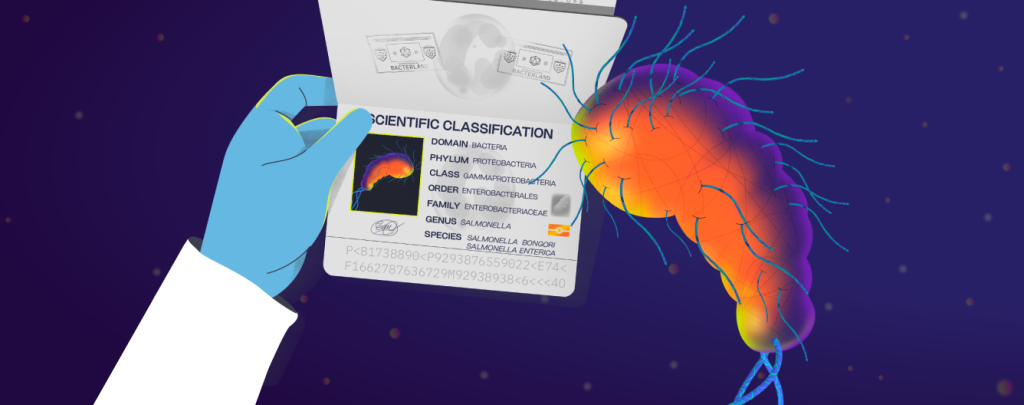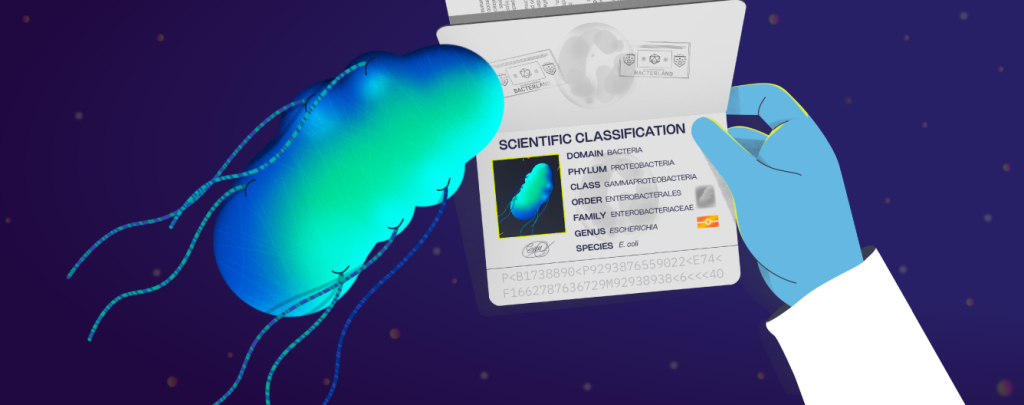Welcome, everyone, to this enlightening interview with our IP expert. Mario Carrasco, our Head of Intellectual Property, is offering insight into what this team does and how it helps us protect our brand.
IP is an integral part of our routine at the office, from the correct use of our trademark to patent protection. With our guest’s privileged information, we wanted to share what’s up and reveal great news about some new patents we were issued.
1. Let’s start at the beginning, what does our Intellectual Property team do, and how does it add value to PhageLab®?
We are a small but essential part of PhageLab®, responsible for carrying out vital work for the company’s success. Our primary role involves identifying valuable information throughout the organization, classifying it, and determining the best way to protect it using various forms of intellectual property (IP). Additionally, we actively participate in the prosecution of intellectual property rights, such as copyrights, trademarks, invention patents, trade secrets, and more.
Our contribution to the company’s success lies in transforming the extensive knowledge within the organization into intangible assets. These assets enable the company to safely commercialize our products without infringing third-party IP rights, playing a key role in increasing the overall value of the company. Moreover, we consistently assist different teams within the organization in understanding the significance of appropriately managing company information, fostering a culture where effective information management is regarded as essential.
2. What forms of protection are available?
There are various forms of industrial property that a biotechnology company can utilize, but industrial property is frequently associated only with invention patents. While invention patents are a potent tool for safeguarding innovations and seeking a monopoly on specific technologies, there are other valuable types of protection, such as trade secrets. Unfortunately, startups often overlook this form of intellectual property, despite its significance in maintaining control over their know-how.
Trade secrets serve as a valuable means of safeguarding technologies or information that is not publicly known but holds commercial value. These secrets are often kept from being patented due to business or strategic considerations. I believe that one of the primary contributions our IP team has made is assisting the organization in establishing a robust portfolio of invention patents while also utilizing trade secrets to protect various sensitive information.
Also, we cannot fail to mention the trademarks that protect our products and services in the market, the copyright with which we protect the designs and audiovisual works generated by the Marketing team, and the domain names of our websites, all critical assets that allow our company to have solid protection of its intellectual creations.
3. How does the creation of a patent work?
As an in-house IP team, we have the engaging and challenging responsibility of conducting regular meetings with professionals from various departments within the company to identify information that is eligible for protection. Simultaneously, we make available disclosure forms to our team members, allowing us to assess the novelty and differentiation of the technologies compared to the state-of-the-art.
After conducting our search and analyzing the invention, we assess the most suitable way to protect the technology. If it meets the patentability requirements, we proceed with drafting an invention patent in collaboration with the inventors.
4. What advances or achievements related to IP have we had recently?
Presently, we possess a portfolio of seven patent families aimed at protecting various technologies developed by the company. We are actively prosecuting these patents in different jurisdictions for robust protection of our technologies in the different territories of commercial interest.
We are delighted to share some exciting news with you; in 2023, we achieved a significant milestone by obtaining three granted patents. The first was granted in Chile for a technology targeting the treatment of Salmonella in chickens using bacteriophages (patent application number: CL202200771). Furthermore, the national phase in the European Community for this patent family has also been successfully granted (patent publication number: EP4111865A1).
In addition, we are thrilled to announce another recent patent success in Chile. We have obtained a granted patent protecting a product based on bacteriophages, which effectively combats the presence of E. coli and Salmonella in animals (patent application number: CL202202948).
On the brand side, we also have a broad portfolio, protecting more than 5 different trademarks for our products and services, including Phagelab®, Inspektor®, and LEIDEN®, in more than 10 different countries and regions, allowing us to position and differentiate our company in both the national and international markets.
5. What lies ahead for our Intellectual Property team?
Our upcoming challenges will be expanding our patents and trademarks portfolio. This year, we are optimistic about receiving positive news regarding the prosecution of other patent families aimed at safeguarding cutting-edge technologies in the bacteriophages field, which are being developed by our skilled group of scientists.

